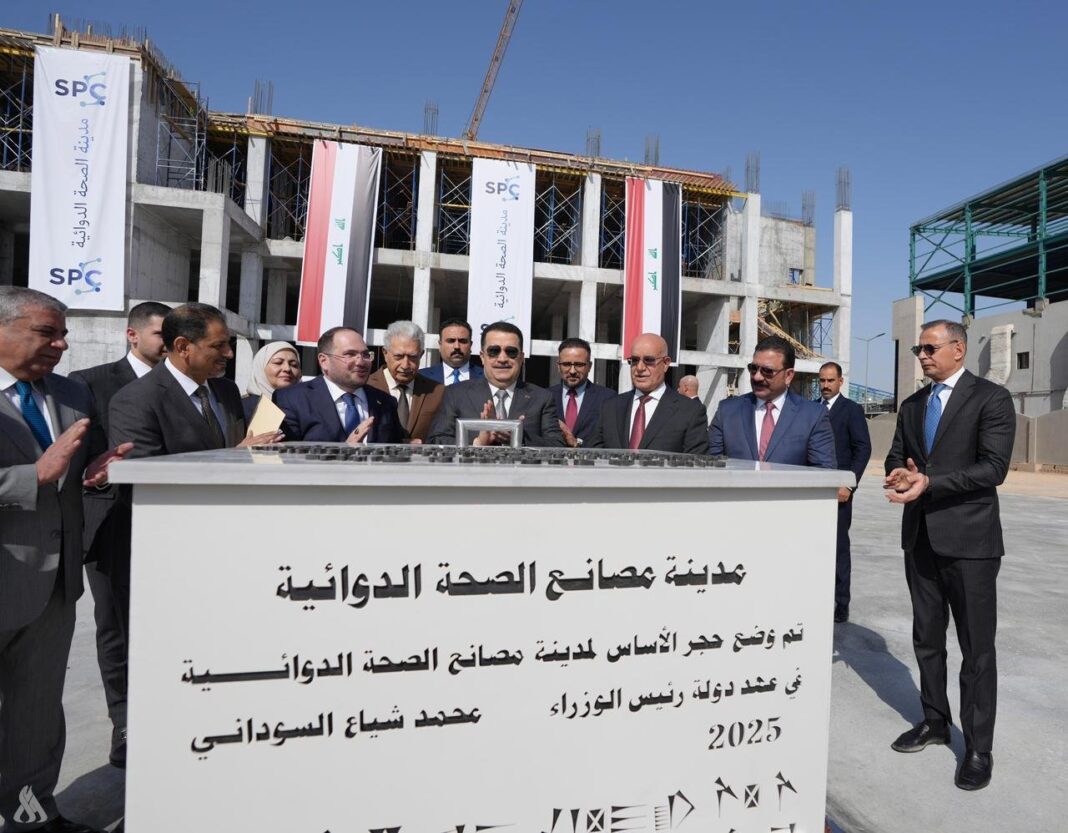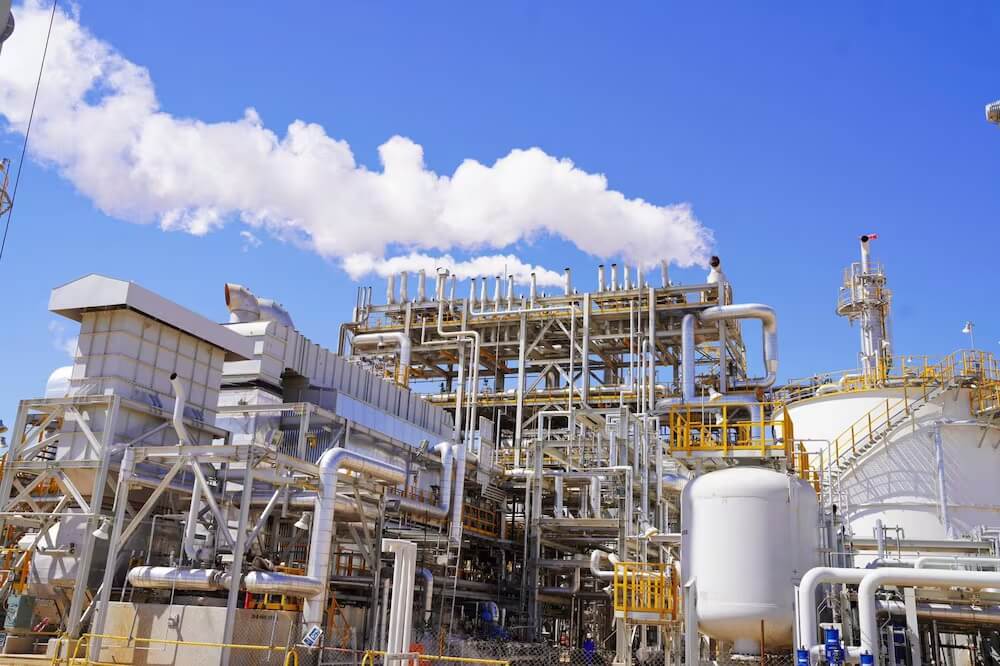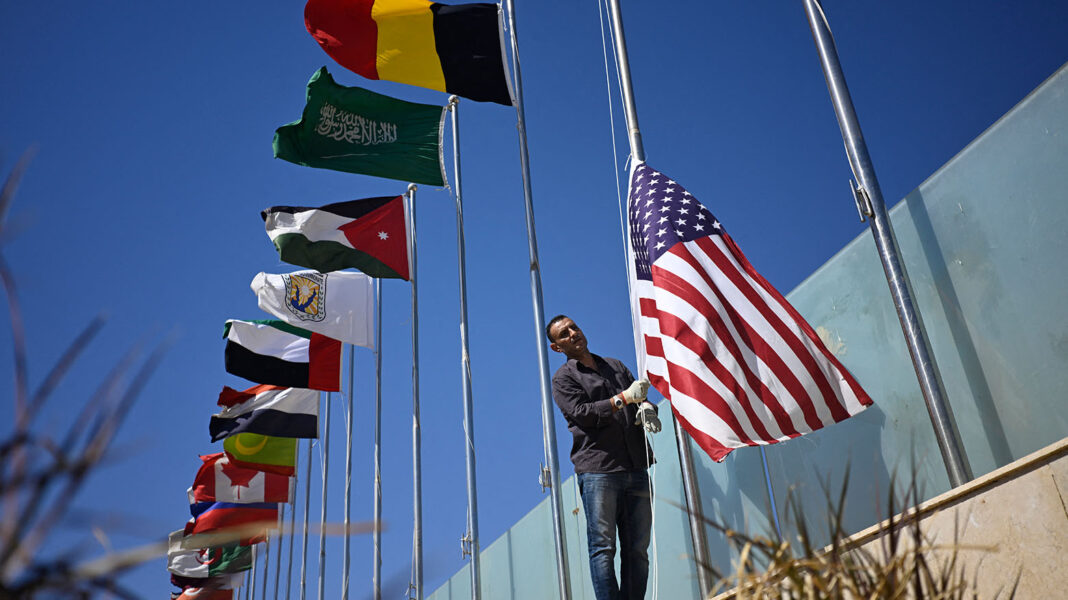The Health City for Pharmaceutical Industries officially launched on Sunday, marking a new era for Iraq’s pharmaceutical sector. Prime Minister Mohammed Shia Al-Sudani initiated construction of the massive 120,000-square-meter complex in southern Baghdad. This project aims to localize pharmaceutical production and attract major international partners.
At the ceremony, Al-Sudani highlighted the government’s ambition to advance Iraq’s pharmaceutical manufacturing capabilities. He described the project as a “major step” toward securing pharmaceutical independence. The complex will feature five manufacturing facilities, research centers, warehouses, and solar-powered energy stations. The total investment surpasses $500 million.
Al-Sudani stressed the critical importance of pharmaceutical security. He said, “Pharmaceutical security is no less important than food and military security.” According to him, this sector plays a vital role in national stability and health.
The Health City for Pharmaceutical Industries is designed to create numerous jobs. It also aims to meet international pharmaceutical standards. Al-Sudani emphasized, “The government advances ten steps for every single step taken by the private sector toward investment in Iraq.”
The project includes key partnerships with global companies. Among them are Hetero, Accord Healthcare from the UK, Prothya Biosolutions from the Netherlands, Vantive from the USA, Abbott USA, and Sartorius Germany. These collaborations cover biosimilar medicines, plasma derivatives, peritoneal dialysis solutions, and medical textiles production.
In addition to manufacturing plants, the project features a pharmaceutical research and development center. This facility will focus on innovation and advanced drug production. The complex will also have refrigerated and sterile medical warehouses to ensure product quality.
During the launch event, Al-Sudani remotely inaugurated three peritoneal dialysis centers located in Baghdad, Nineveh, and Erbil. This demonstrated the government’s commitment to expanding healthcare services across Iraq.
Moreover, three memorandums of principles were signed with global pharmaceutical technology leaders. These agreements focus on producing biosimilar medicines for cancer and autoimmune diseases, plasma-derived therapies, and supporting research and development.
Al-Sudani praised the collaborative efforts behind the project. He called the Health City for Pharmaceutical Industries one of Iraq’s largest and most strategic pharmaceutical initiatives. He said it will help transfer advanced pharmaceutical technologies and produce life-saving medicines for chronic and complex diseases.
The Prime Minister also highlighted several government decisions supporting the Ministry of Health and private sector involvement. He underlined that producing high-quality, life-saving medicines aligns with both international standards and Iraq’s market needs.
The government remains committed to job creation for youth in the health sector. It also supports private sector growth and a diverse range of healthcare projects.
In summary, the Health City for Pharmaceutical Industries symbolizes Iraq’s determination to boost pharmaceutical self-sufficiency and global collaboration. This project marks a pivotal moment in Iraq’s path to securing essential medicines and advancing its healthcare industry.



